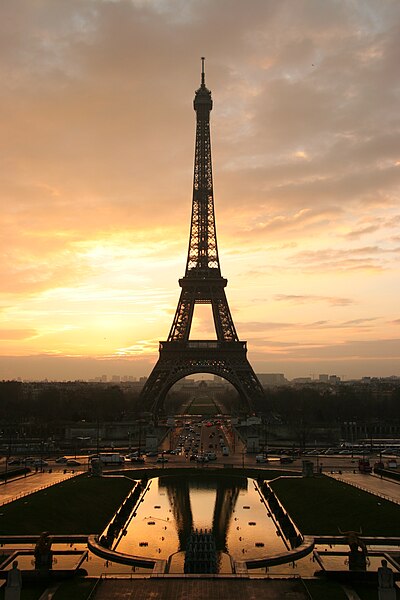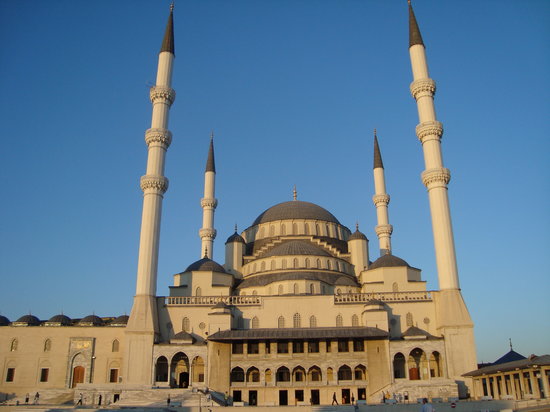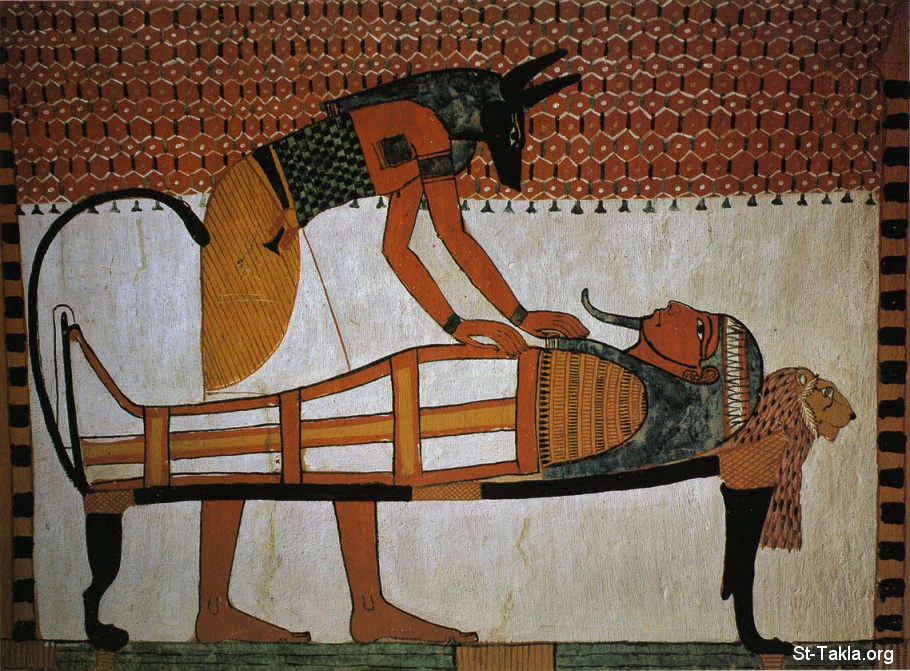Turkey is a secular, democratic, unitary, constitutional republic with a cultural heritage is. Turkey has become increasingly integrated with the West through membership in organizations such as the Council of Europe and NATO, Organization for Economic Cooperation and Development, the Organization for Security and Cooperation in Europe and in the Group of Twenty (the major economies in the world). Turkey began full membership negotiations with the European Union in 2005, knowing that she was an associate member of the European Common Market since 1963, and in 1995, an agreement was reached Customs Union. Has strengthened Turkey also cultural relations and close political and economic and industrial with the Middle East, the Turkic states in Central Asia and African countries through its membership in organizations such as the Council of Turkey, and the joint management of arts and culture of Turkey, and the Organization of Islamic Cooperation and Economic Cooperation Organization. Turkey's location at the crossroads between Europe and Asia make it a country of great geo-strategic importance. Due to its strategic location, economy and the large military force, Turkey is a major regional power.
Located straits Bosporus and the Dardanelles and the Sea of Marmara - that link the Black Sea and Aegean Sea up Asia to Europe - in its territory, which makes its strategic and influential countries bordering the Black Sea. Turkey was the center of Ottoman Empire until the year 1922, that the Turkish Republic was established in 1923 by Mustafa Kemal Ataturk.
Library of Celsus in Ephesus in 135 AD.
Elvirjeon rule Asia Minor after the collapse of the Hittite Empire in the thirteenth century BC until the rise of crack, and Lydia in the seventh century BC. Established many of the important cities of the colonies, such as Miletus, Ephesus, Smyrna (Izmir now), and Byzantium (Constantinople, which became later Istanbul). Called the first state established in Anatolia by the name of the peoples of neighboring Armenia. Anatolia was invaded by the Persian Achaemenid Empire during the fifth century and the sixth and fell later, however, Alexander the Great in 334 BC. After that Anatolia was divided into a number of small Hellenistic kingdoms (is Petheinaa, Cappadocia, Pergamos, and Abanntts), which surrendered to the Republic of Romania in the mid first century BC. In 324 the Roman Emperor Constantine chose Byzantium to be the new capital of the empire Romanian, dubbed New Rome (Constantinople, which became the name for you later and after Istanbul). After the fall of the Empire, the Romanian Bank, and became the capital of the Byzantine Empire (Empire Romanian Eastern). Held in Turkey, most of the Ecumenical Councils by virtue of being the capital of the Empire, perhaps the most important of the Council of Nicea and Ephesus and Chalcedon; Takhmt Byzantine state border of the Umayyad dynasty at the Taurus Mountains, known as the "states of stomata "that the rotation of the ruling parties, so as to enable the occupation of the mid-Seljuk Anatolia and the establishment of the Muslim kingdom, has also managed through the tenth century the Byzantines restored Taurus and occupied Antioch and Aleppo, nearly a century. During the Crusades, the Kingdom was founded in Konya in southern Turkey along with the current Principality of Antioch, and allied with the Byzantine Empire is coming back with perhaps the best known of the Kingdom of Jerusalem to the occupation of Egypt, but the campaign failed. The Fourth Crusade was headed to Constantinople itself and occupied in 1261 is that the state did not last long, and despite re be the Byzantine Empire in the fourteenth century were not a strong state did not gain back its former glory, but in Turkey present any Anatolia was divided into small and a small rival Muslim provinces throughout the centuries XIV and XV, to brighten a star that Othman first warrior Byzantines and occupied cities and fortifications under their control, then the circle, and his successors towards the small neighboring kingdoms Kadma them one after the other, establishing the Ottoman Empire.
The number of foreign tourists significantly in Turkey between 2002 and 2005, from 12.8 million to 21.2 million, which made Turkey ranks tenth in the world as a destination for foreign visitors. And tourism revenues reached U.S. $ 17.5 billion in 2005, making Turkey is also one of the top tourist destinations (ranked tenth) to the highest income in the world.









No comments:
Post a Comment